Not long ago I attended a homeschooling conference geared toward the parochial perspective. While we are not a homeschool family, several of my friends are, especially for their children with special needs. I was there to help a friend who had a vendor booth at the conference.
What was interesting about this particular group was how often the parents spoke about being judged by peers and relatives; even called names like crazy, ignorant and backwards. I empathized with them to a degree; however, where we differed was how we interpreted the victimization inspired by the judgements from outside family members and friends.
Based on how often my family had to set firm boundaries with extended family members and friends, I had to wonder at what point these parents would do the same. Or were they just resigned to be the victims of judgment and name calling? At what point would they decide that their immediate family’s priorities took precedence over the opinions of others?
“Victimhood” is not adult behavior
Over the years of mentoring parents who have children with special needs, I was often struck by the characteristic of “victimhood” in some who seemed to be in perpetual defense mode to justify their decision making to outside relatives and friends. It was the tone in their voice and necessity to explain their choices that demonstrated they were reliving childhood patterns.
It was not enough to point out that they were the parents and therefore needed to make decisions in spite of outside opinions. They often had to be coached to be bold in their actions and not be intimidated by anyone, including doctors, therapists and educators. They also had to be persuaded to not be intimidated by the opinions of relatives or friends.
Boundaries are necessary
Getting back to where all this fits in with the homeschool parents, I believe the same “victimhood” dynamic plays out in virtually all families to some degree. The difference lies in how each family chooses their own identity that is separate from the needs and priorities of the extended family members.
Knowing what I do about the need for setting boundaries with family members and friends, I have already given my children the explanation to set the boundaries with me, and others, one day too. In fact, I expect it. There probably needs to be some sort of a course in college called Boundary Making 101, but for now we will just remind each other.
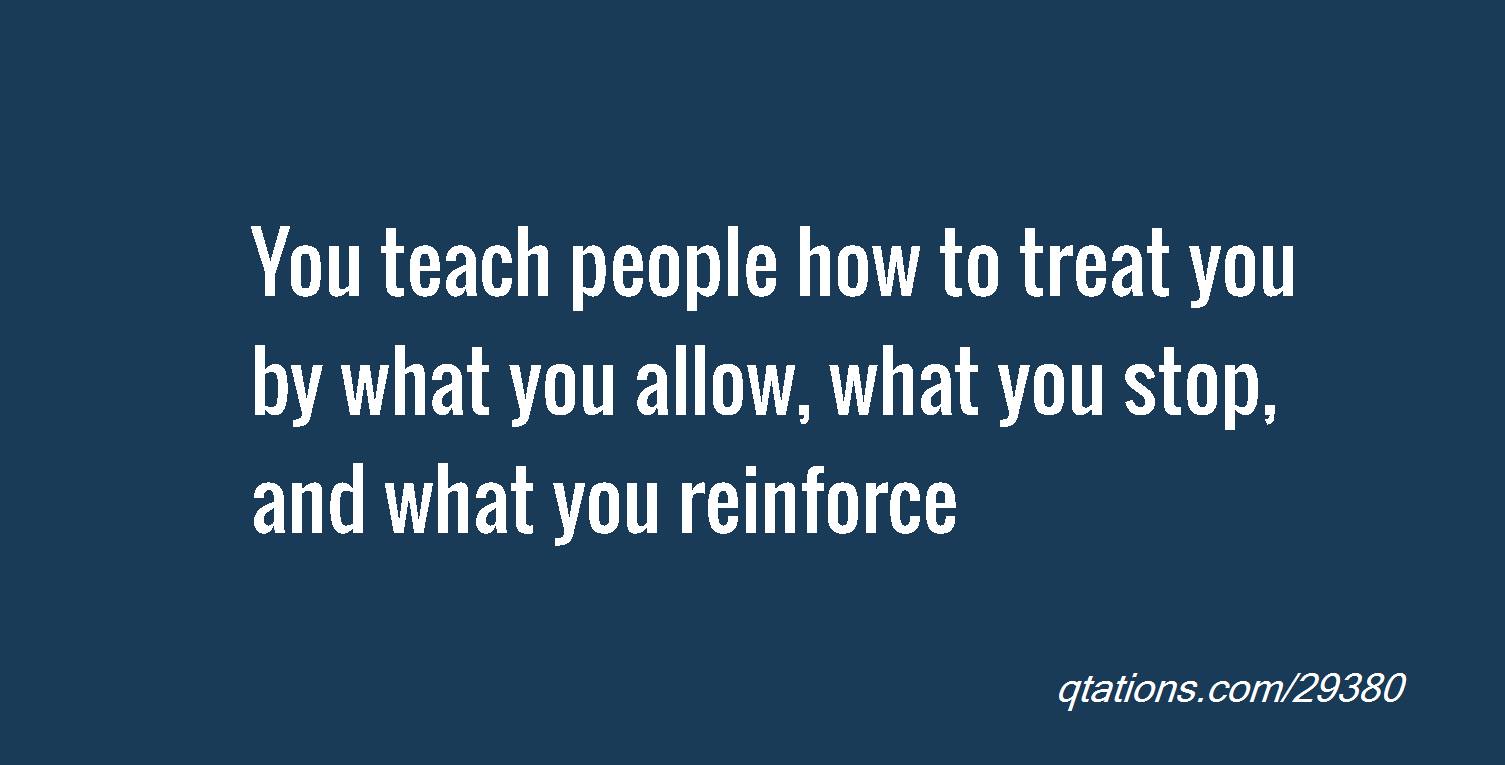
Do what is right for your family
In my book Victory over Autism: Practical Steps and Wisdom Toward Recovery for the Whole Family I wrote a chapter on how parents need to recognize they are the savvy experts on all things to do with their children, and their family choices. I remind parents not to ignore their parental instincts when surrounded by other experts.
While all of that may seem like a given mindset, the reality is many parents believe they are supposed to defer to any and all other authority figures or the opinions of others, including well-meaning friends and relatives. When parents realize how crucial it is to change that mindset, they will begin to have control over their own family identity and well-being.
Boundaries lead to greater family peace
When I have mentored others in one form or another, the topic of boundary making comes up often. It is truly what grounds us as human beings, to be firm with what we will allow or expect. Without proper boundaries you see marital discord, children who are disrespected and are disrespectful. You also see a family that is not at peace. By establishing boundaries you are not as much putting up a barrier to others, as you are setting the starting line toward greater harmony.
In a conversation with a friend, she asked me how she was to find peace when all she felt was anxiety around her and her family. I asked her when was the last time she said no to others, established firm boundaries, and in all other ways looked at herself and her family as the only priority. She had to admit it had been a very long time, if at all, that she regarded her life in this way. Instead she looked to others for validation on her decisions and coped by ignoring what she really needed to change… her perspective.
So if peace is what you desire for your family—or yourself—then begin by setting boundaries. Peace will be a byproduct.
More reading
- If You Set a Boundary, Expect to Deal with Anger — Psychology Today
- 10 Ways to Build and Preserve Better Boundaries — PsychCentral.com
- The Difference Between Setting Boundaries and Shutting People Out — TinyBuddha.com
- Establishing Healthy Family Relational Boundaries — MentalHelp.net
- How to Develop Healthy Boundaries in Codependent Relationship — Cognitive Healing
- 10 Ways to Build and Preserve Better Boundaries with Family and Friends — UnitedHealthcare
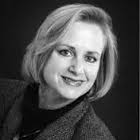 Mary Romaniec is a reporter and the mother of a child who recovered from autism by the age of four. In addition to mentoring hundreds of families around the U.S. and the world, her articles about autism have appeared in Mothering Magazine, Autism/Asperger Digest, Autism Today and Journeys Magazine.
Mary Romaniec is a reporter and the mother of a child who recovered from autism by the age of four. In addition to mentoring hundreds of families around the U.S. and the world, her articles about autism have appeared in Mothering Magazine, Autism/Asperger Digest, Autism Today and Journeys Magazine.
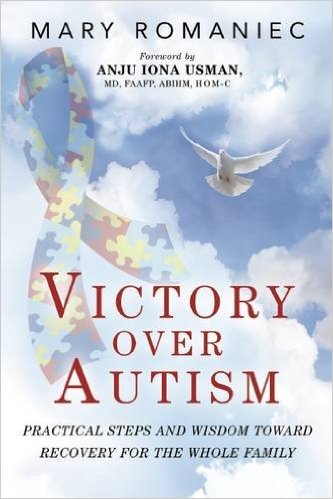 Her book Victory Over Autism, takes the reader through the personal stages parents will experience when their child is first diagnosed with autism; and how to use these stages to catapult to becoming part of the next generation of proactive parents who are making a difference in the well-being of their children and families. Mary discusses the stages of grief associated with the diagnosis, followed by the winning attributes parents will either possess or adopt as they strive to the goal of better health or full recovery for their child. And a better future.
Her book Victory Over Autism, takes the reader through the personal stages parents will experience when their child is first diagnosed with autism; and how to use these stages to catapult to becoming part of the next generation of proactive parents who are making a difference in the well-being of their children and families. Mary discusses the stages of grief associated with the diagnosis, followed by the winning attributes parents will either possess or adopt as they strive to the goal of better health or full recovery for their child. And a better future.
p.s. Check out the fantastic list of resources for research and support.

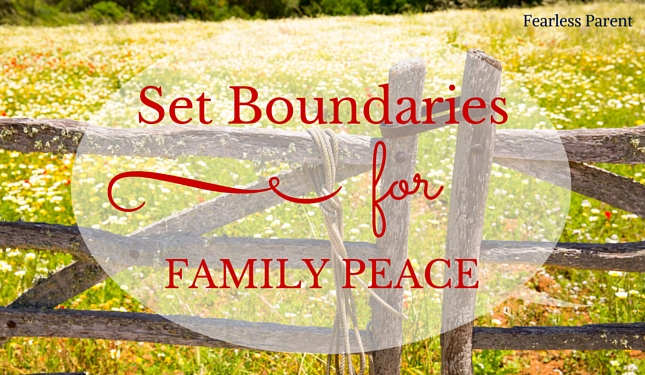







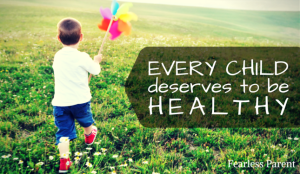
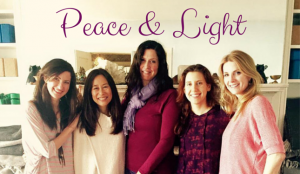


September 30, 2015 6:29 pm
Comments 0